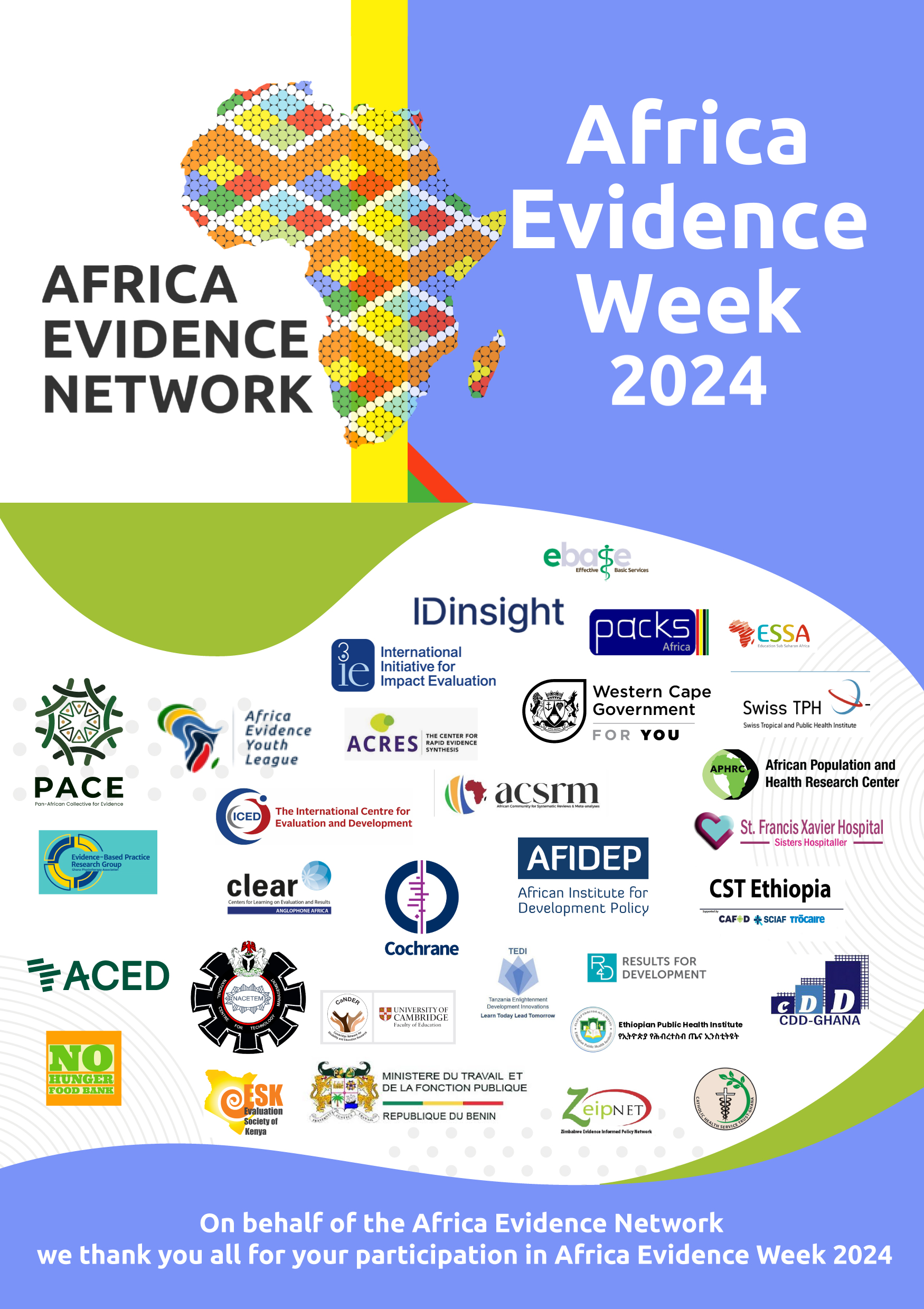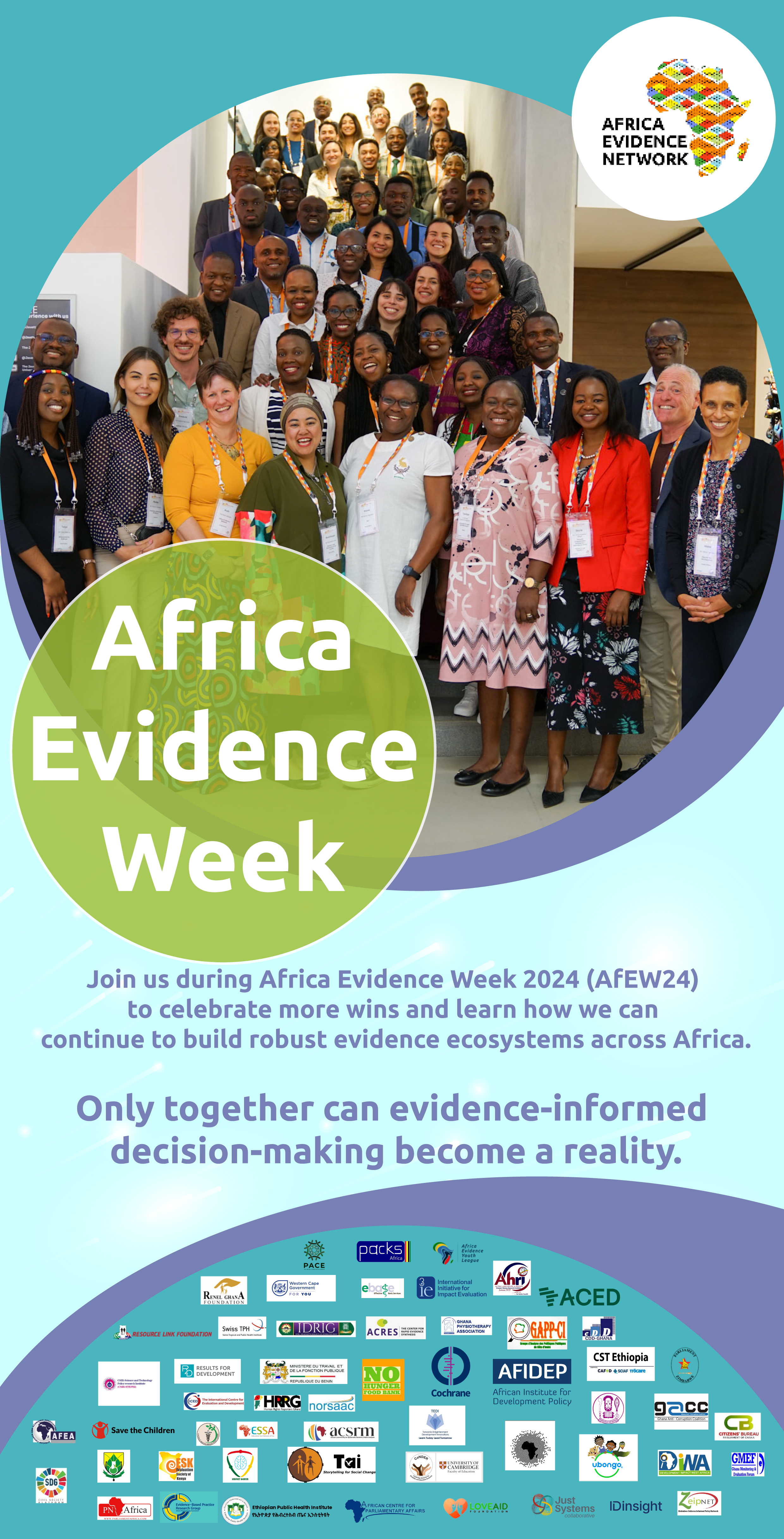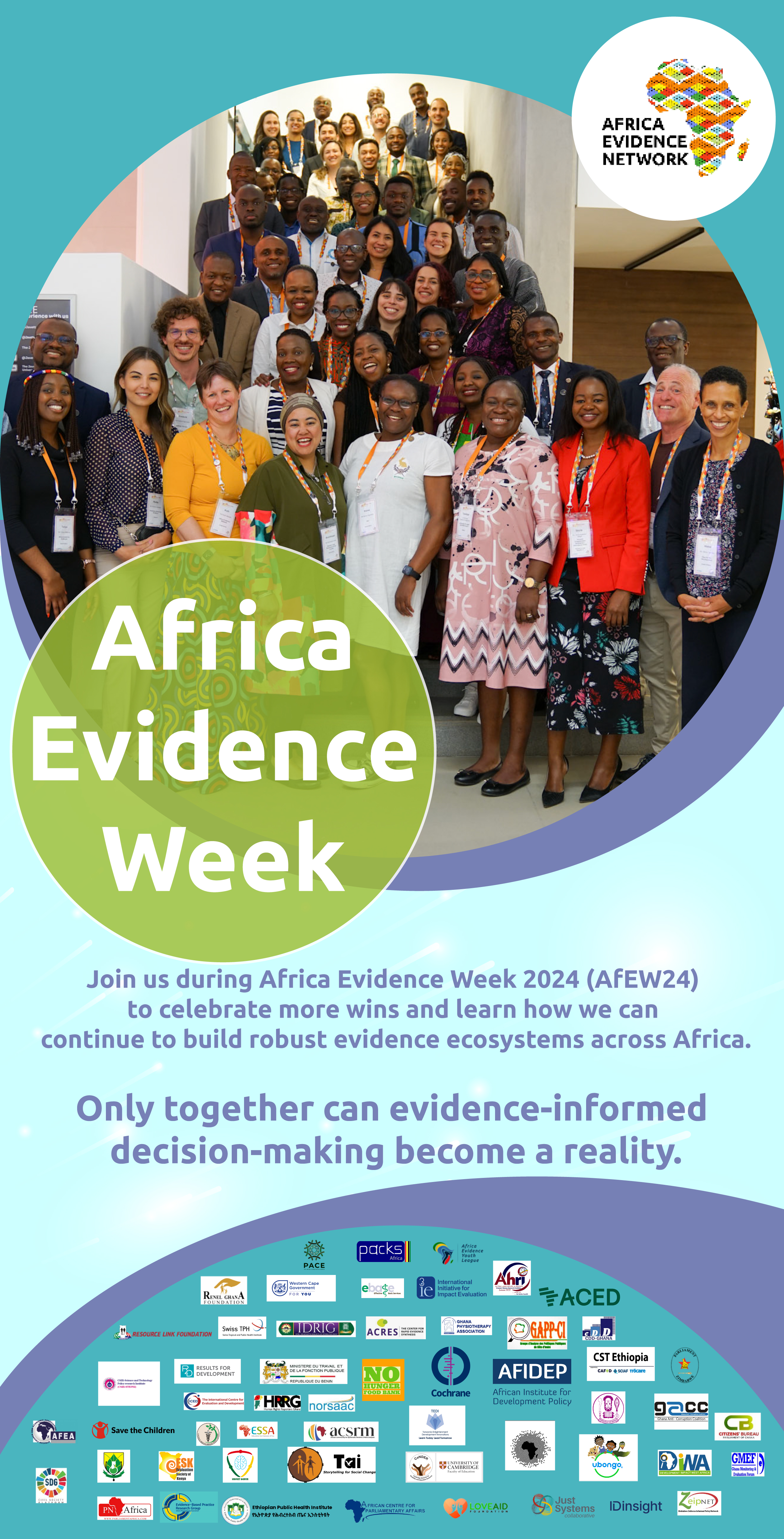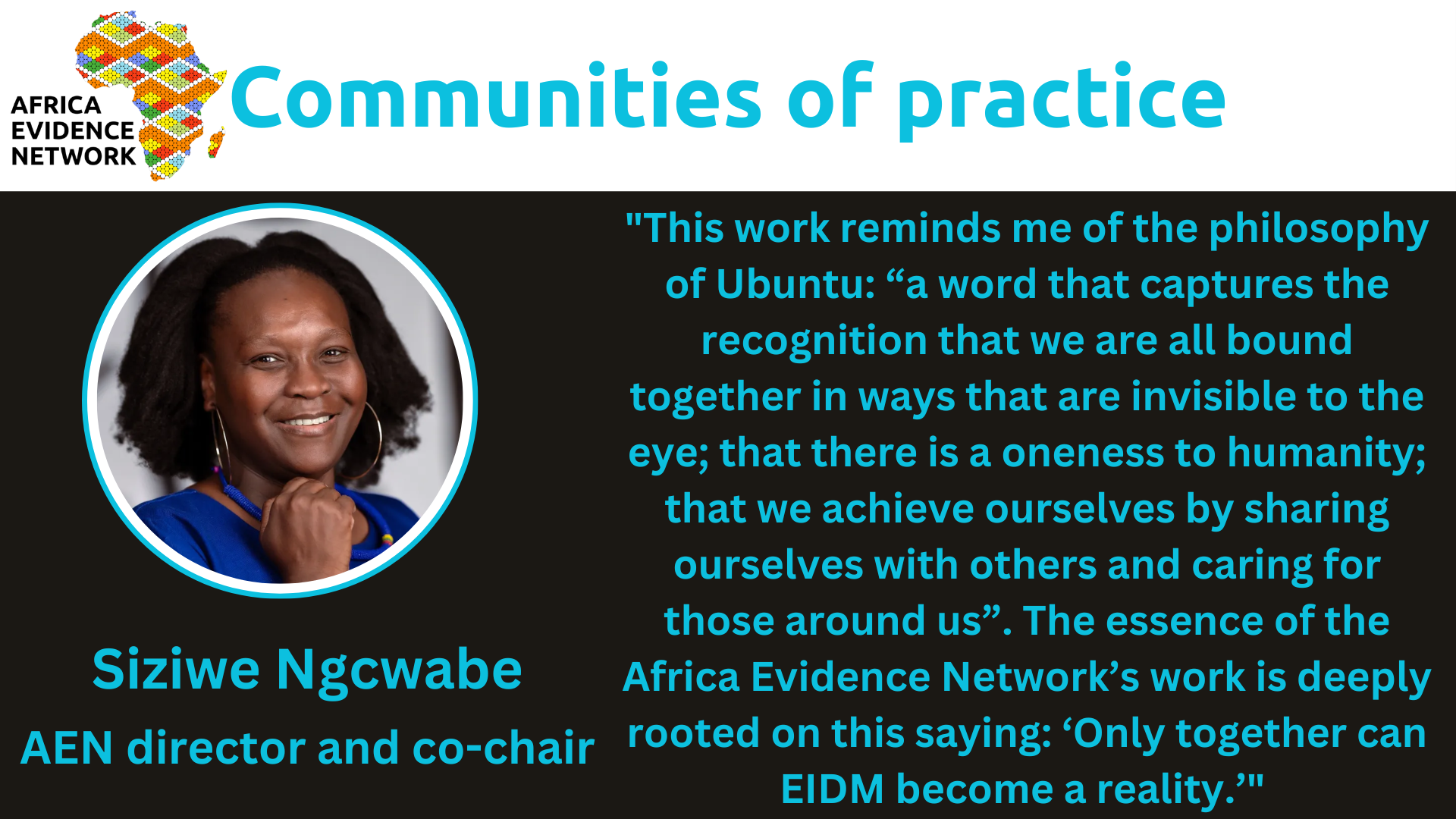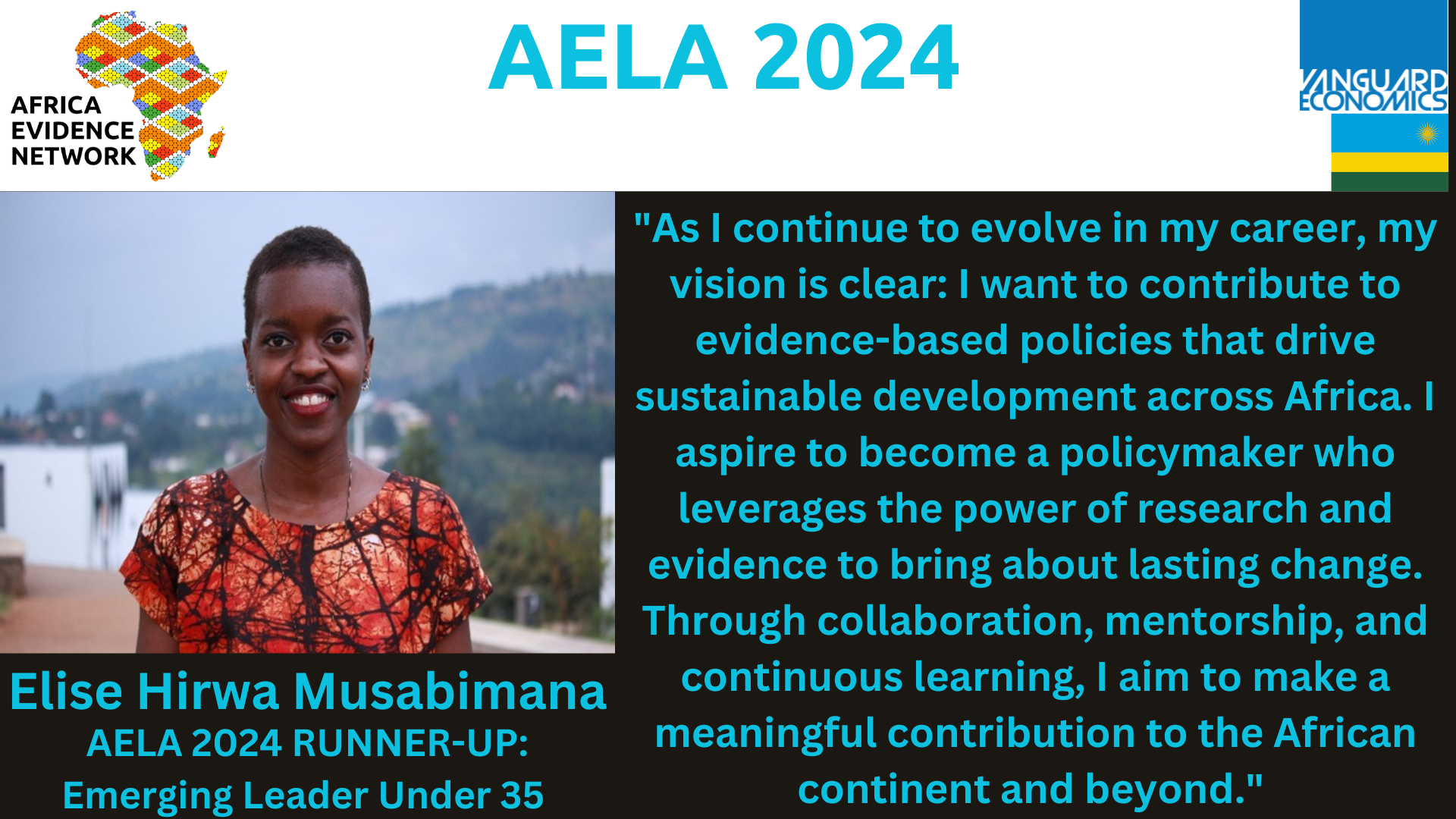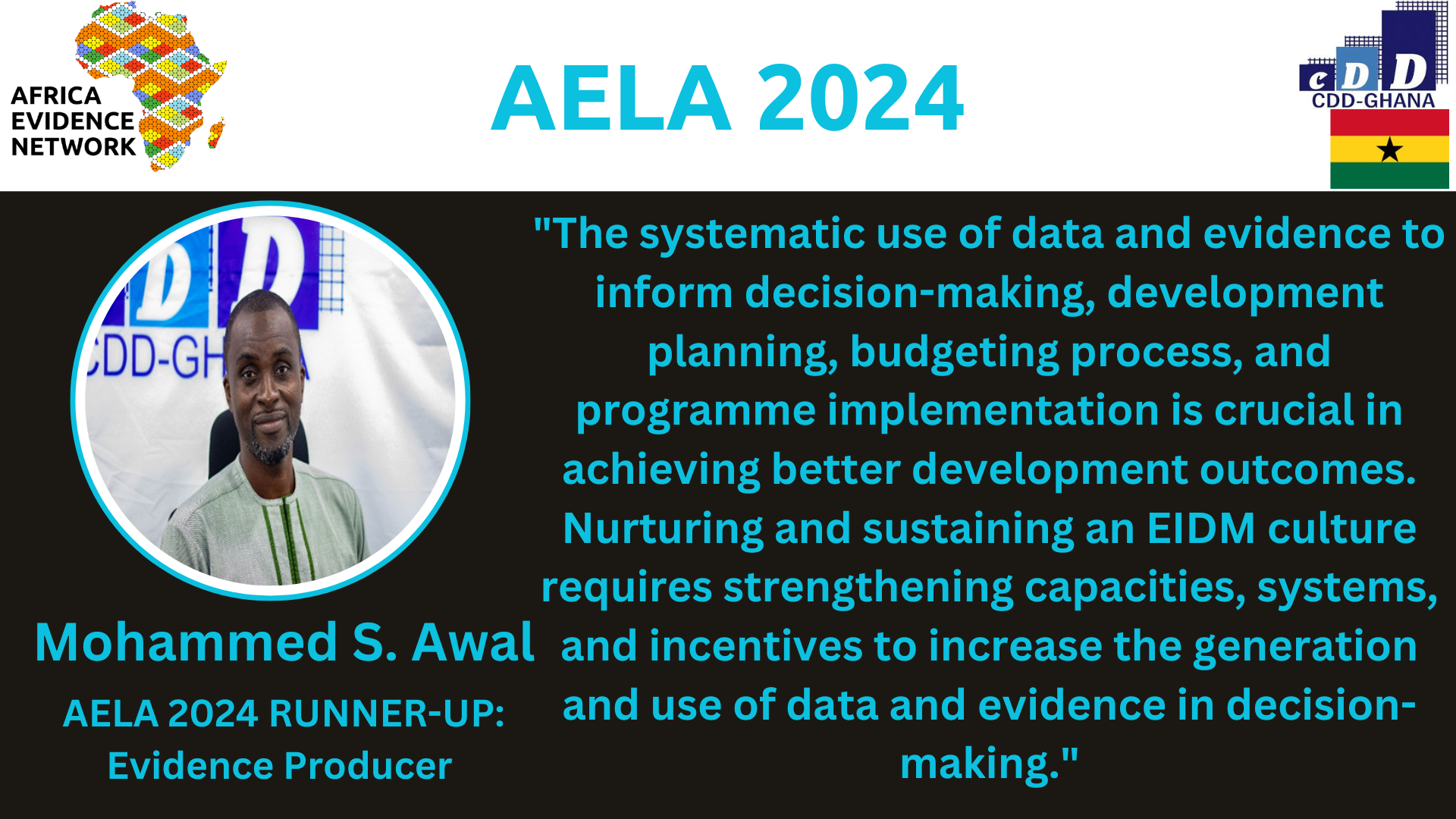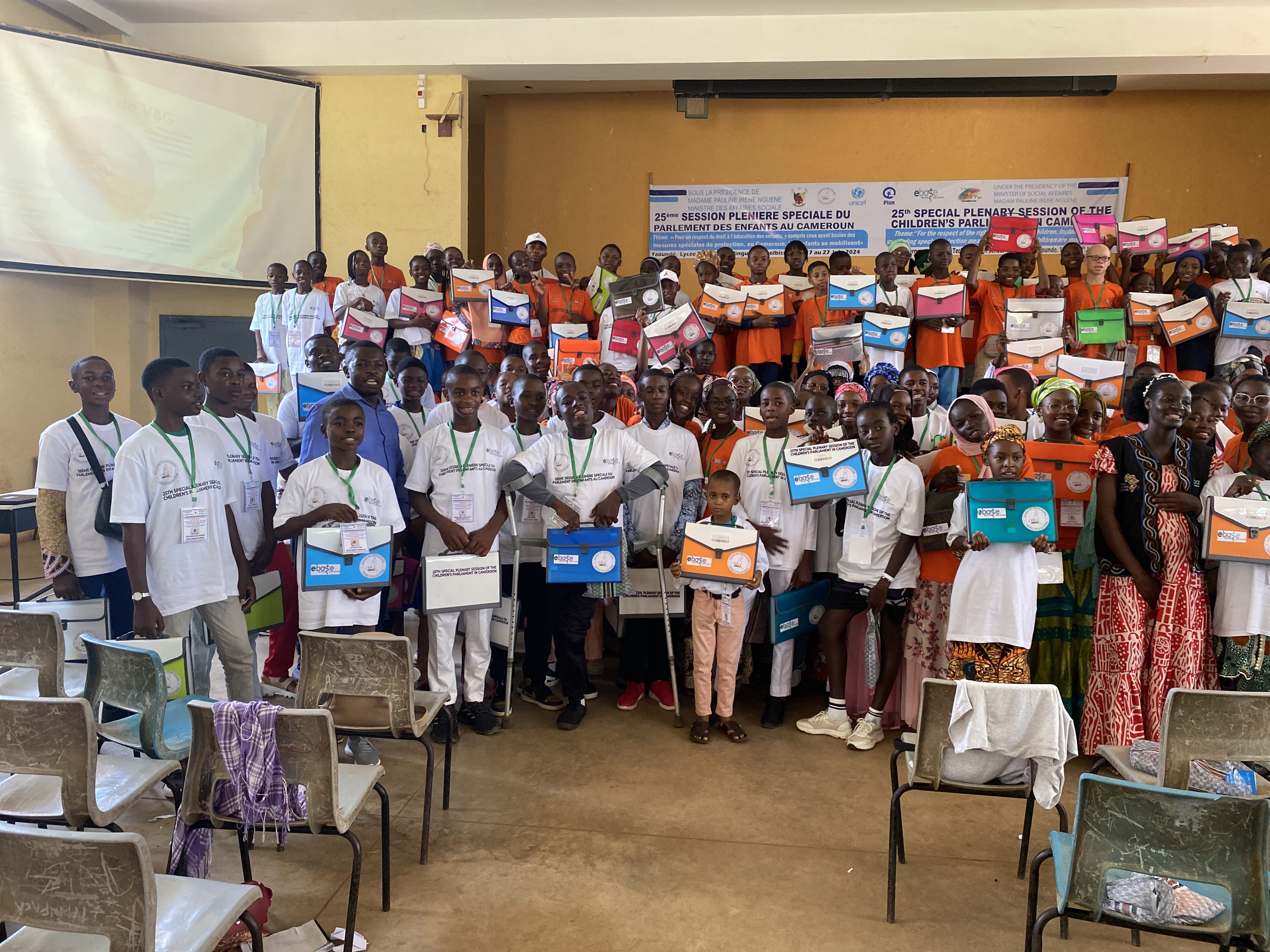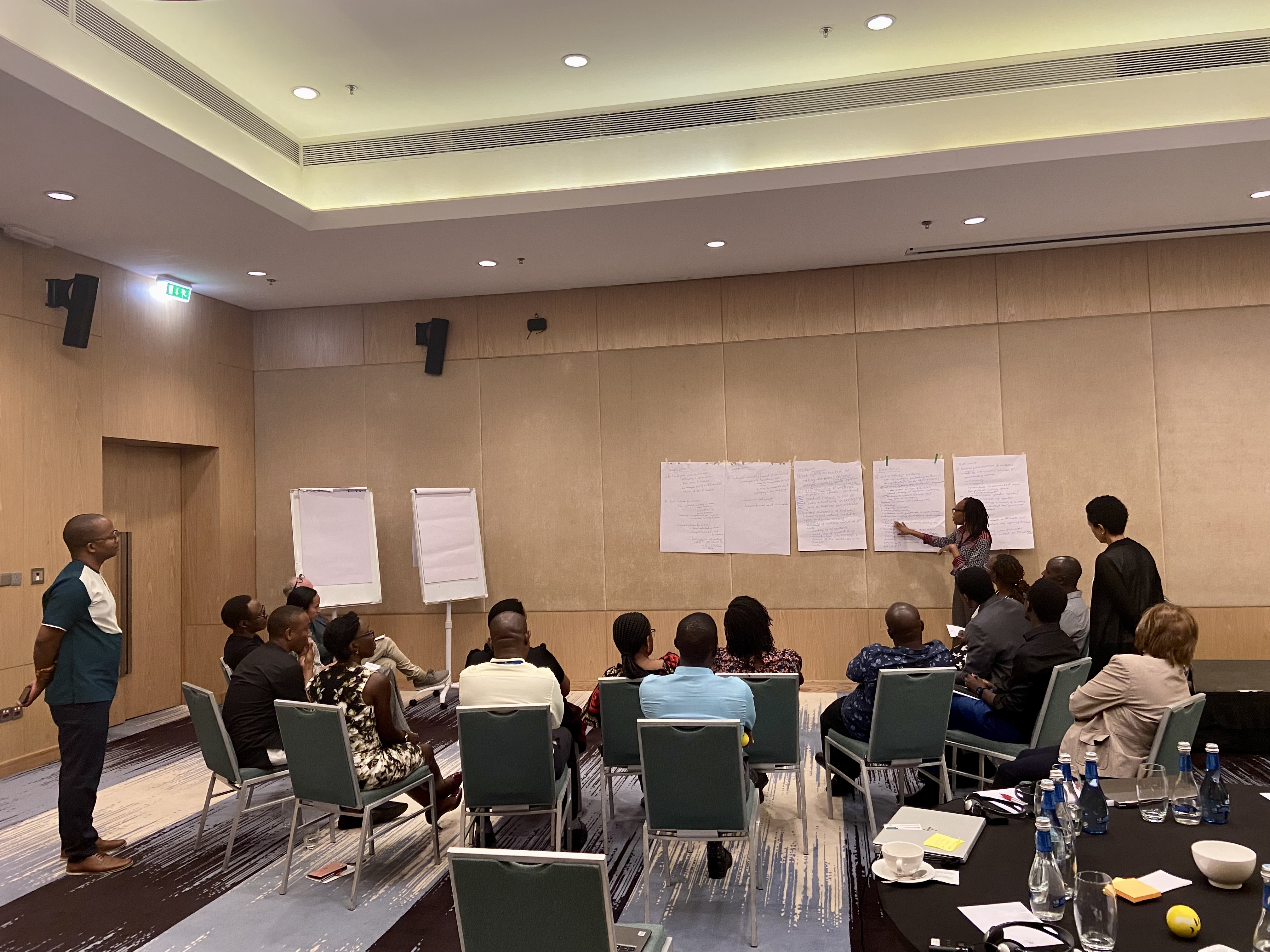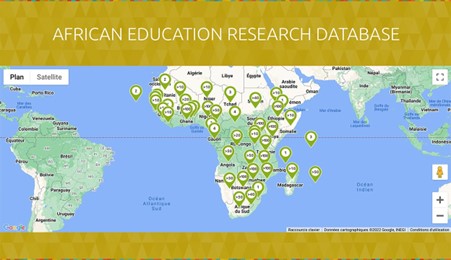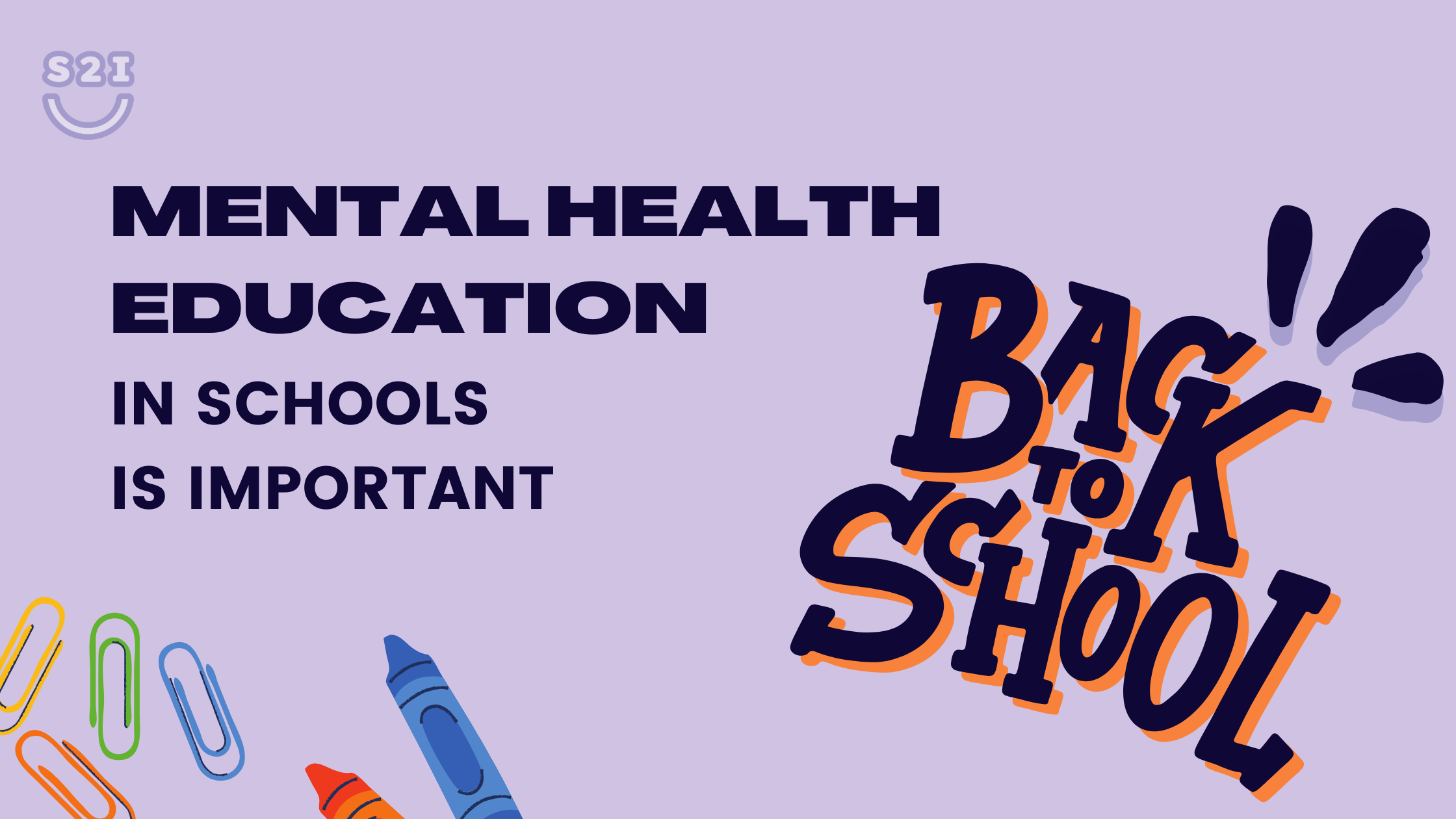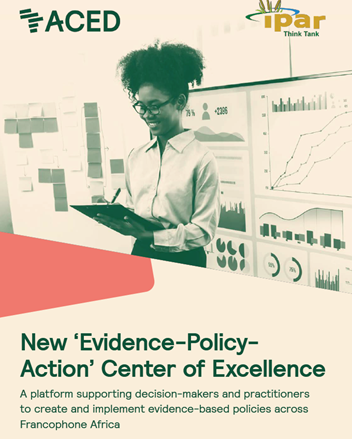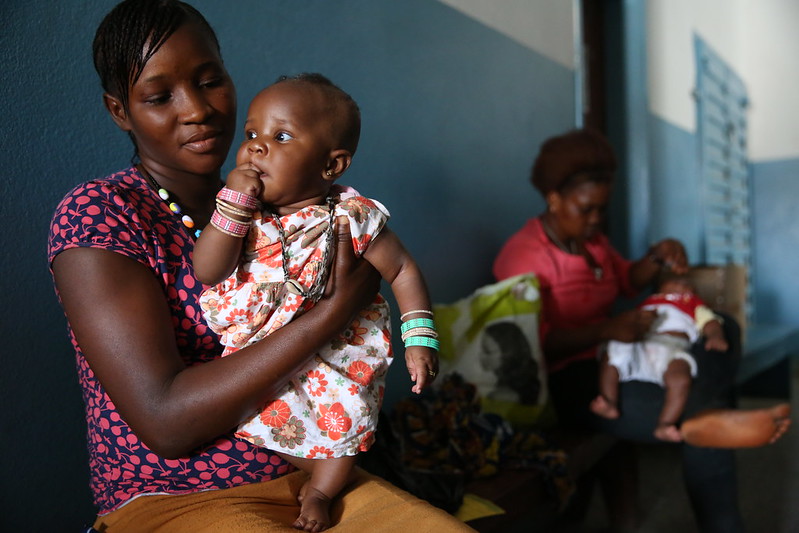
Universal health coverage remains a global concern, particularly in developing countries where health systems have many weaknesses. In 2023, a WHO report 1on universal health coverage indicates that more than half of the world's population is still not covered by essential health services. The report goes further, indicating that around two billion people face serious financial difficulties when they must pay out-of-pocket for the health services and products they need. Indeed, the occurrence of illnesses leads to direct expenses for medical tests, medications, and other health care services. These expenses can represent a significant part of the income of poor and vulnerable populations when they do not have health coverage. Out-of-pocket payments can often exceed 50% of total health spending in some low-income countries where private health insurance is not sufficiently developed 2. Health insurance plays a vital role in access to care and allows households, especially the poorest and those living in rural areas, to avoid catastrophic health expenses 3.
The development of mutual health insurance and the challenges they encounter in developing countries
In the absence of universal health coverage, the microinsurance sector in developing countries has seen the rise of mutual health insurance companies that provide health microinsurance services tailored to poor and vulnerable people through modest membership and dues. In most cases, mutual insurance companies contribute to the financial protection of their beneficiaries, by reducing direct health expenses with a positive effect on household savings, assets and consumption habits 4. However, the development of mutual health insurance faces enormous challenges in developing countries. In Togo, the challenges are essentially organizational with the absence of digitalized procedures, the frequency of disputes between healthcare providers over recoveries, low membership renewal rates, etc., in urban areas while in rural areas the mutuals face poor geographic coverage as well as low financial capacity of the populations 5. In Senegal, Bonan & al. 2012 indicate that mutual health insurance companies face low membership rates which are very often explained by a lack of information, a lack of resources and a lack of trust 6. Some other challenges are the lack of confidence in mutual societies, the insufficient communication on the services of mutual societies and on the understanding of health micro-insurance as well as the low attractiveness of the health insurance offers. In fact, people who are sometimes victims of cases of mass scams involving certain micro-insurance and microfinance companies are now suspicious and have very little confidence in mutual health insurance companies.
Some determinants of membership and renewal of micro-insurance with mutual health insurance companies
Investigating strategies aimed at membership in mutual health insurance, Bonan et al. 2012 showed that education through insurance awareness does not have a significant impact on health insurance enrollment, while the marketing approach has a significant and positive impact on household enrollment decisions. The need to maintain trust among populations also seems to be a determining element in stimulating demand for mutual health insurance, particularly among vulnerable populations, most of whom are in the informal sector. Dror & Firth 2014 explains that populations in the informal sector who are the target of mutual societies seek to improve their well-being by affiliating with groups with which they identify rather than going through isolated transactions with partners they do not know. Thus, these authors suggest that to increase the demand for health insurance in the informal sector in developing countries, it is first necessary to strengthen group governance with group decision-making and under local conditions.
Innovation for the development of microinsurance
In 2023, an NGO introduced the Innovation for the Health of People in Vulnerable Situations in Africa (ISPV-Africa) project in Togo. This is an innovation which aims to make access to health insurance possible for the greatest number of vulnerable people by guaranteeing them a set of varied and quality services such as payment of membership and contributions online, medical facilitation at the health center, home visits for monitoring and health advice.
The project integrates three components supported by three partner organizations:
- Reception and support in health centers as well as home visits for medical monitoring, regular measurement of vital parameters and health advice for prevention.
- The digital health record: a medical history transcribed in a mobile application.
- A mutual offer at a solidarity rate: direct coverage for 75% of healthcare costs and reduced time reimbursement of services to its network of healthcare providers.
The connection between home visits, vital parameters monitoring, health advice helps to consolidate prevention while the medical facilitation service at the health center, the use of health history thanks to the application, the rapid reimbursement of services will contribute to accelerate and facilitate the curative care of policyholders.
Some lessons learned from the implementation of the ISPV- Africa project
The pilot phase of the project was implemented from July 2023 to February 2024 following an experimental approach with the constitution of a control group and a treatment group. This design made it possible to assess the feasibility of a rigorous impact evaluation on a larger scale on the project and to understand the determinants of demand for health insurance within the target populations. The lessons learned from the pilot phase are as follows:
→ The implementation of a project bringing together several actors requires the establishment of a fully mature partnership that considers the institutional cultural differences of each actor. Emphasis must also be placed on monitoring and evaluation of activities and functional approaches to communication and routine data reporting.
→ The weak understanding of the tangible benefit of insurance, reinforced by bad past experiences, are factors that favor low uptake and a low renewal rate of microinsurance services. Targeted communication through direct messages and marketing approaches, sharing positive experience by word of mouth is more effective than mainstream communication in media, markets, and other public spaces.
→ Facilitation services at the health center and especially at home with regular monitoring of vital parameters and health advice were determining factors in the population membership. However, their operationalization requires good training of facilitating agents, good organizational capacity, and a good level of planning.
→ The attractiveness of the care package is a determining element in membership and especially in the loyalty of members of mutual health insurance companies. It is necessary to offer several care packages to members to give them alternatives.
→ For multi-component interventions such as the ISPV- Africa project which combine several services and mobilize significant resources, the real cost of the services offered if the intervention is implemented under optimal conditions is well above the prices charged regarding the target population. So, to keep the same target of vulnerable people and knowing that they have limited financial capacities it is necessary to mobilize more resources to support the financing gap not covered by members' contributions.
1 World Health Organization (WHO). 2023. “Global Universal Coverage Monitoring Report.”
2 WHO 2007.
3 Asfaw & Jütting . 2007
4 Habib et al. 2016
5 Diagnostic study of ISPV- Africa pre-project stakeholders
6 Bonan et al. 2012
About the author: Bio Bertrand Mama is an Evaluation Specialist at 3ie. Bio is an economist with ten years’ experience in the field of economics and development. He is currently Evaluation Specialist for the International Initiative for Impact Evaluation (3ie), a global leader in funding, producing, quality assuring and synthesizing rigorous evidence. As Evaluation Specialist, Bio is leading research activities such as impact and process evaluations, literature review, evidence synthesis, etc. He is also working with country governments and different stakeholders in the West African Economic and Monetary Union (WAEMU) to provide tailored capacity building activities for policymakers and rigorous evidence for decision making.
Prior to joining 3ie, Bio worked as research officer for the Prime minister office of Benin, contributing to economic analysis and public policies evaluation. He believes that evidence-based policymaking is crucial for inclusive growth and poverty reduction in developing countries. Bio holds a master’s degree in economy from the African School of Economics (ASE). He has an interest in research on public policies.
Co-authors: Anca Dumitrescu, Lead Evaluation Specialist, 3ie; Charlotte Lane, Evaluation and Learning Consultant, Food Security Evidence Brokerage; Binta Ndiaye, Research Assistant, 3ie
